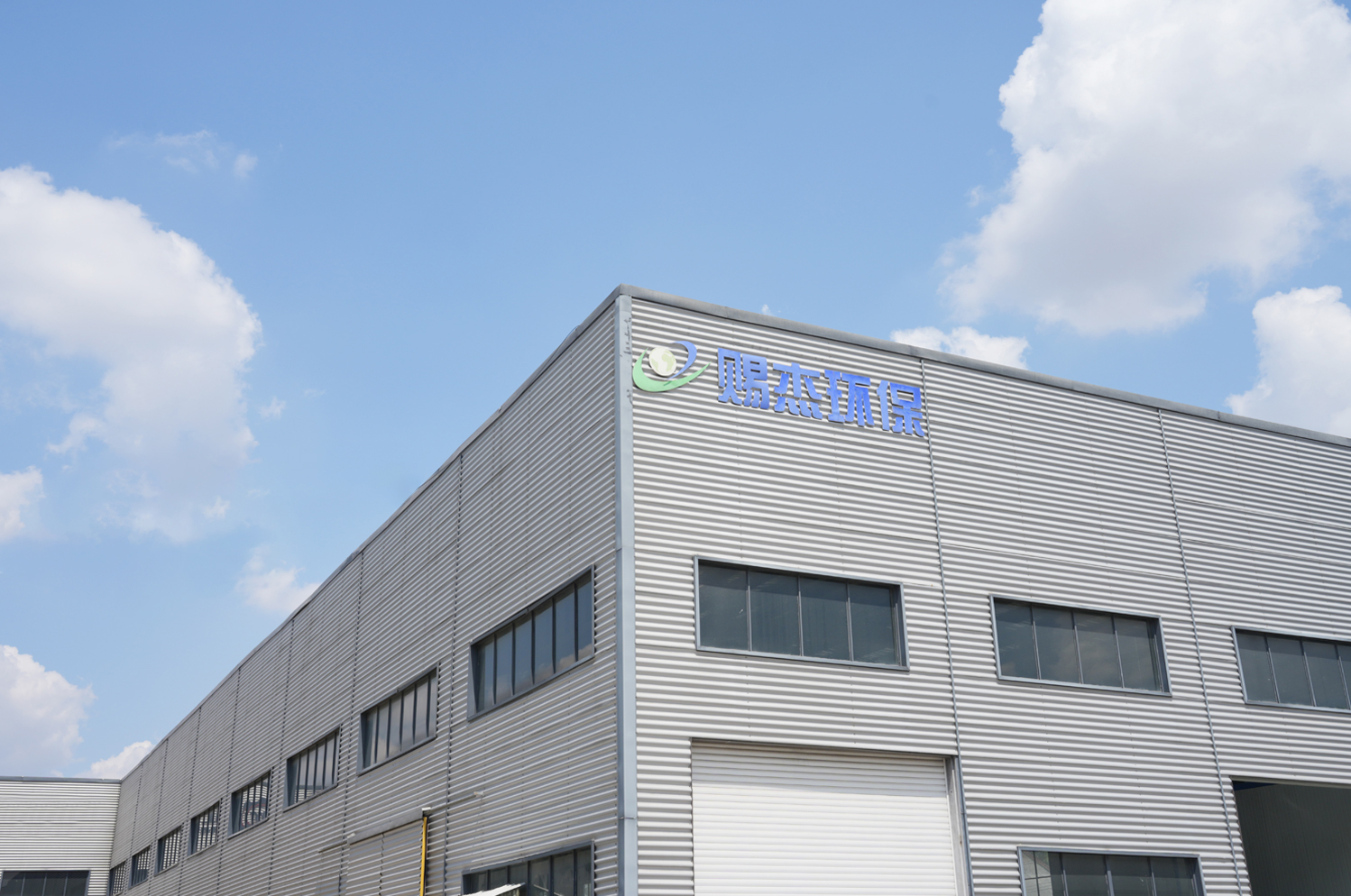Equipment: precision filtration, self-cleaning filtration, and sewage treatment equipment.
Core Business: R&D, production and system integration of industrial filtration equipment, covering liquid filtration, gas dust removal, solid-liquid separation etc.
Products: Self-Cleaning Filter, Bag Filter & housing, Cartridge Filter, Candle Filter, ibc tank, filter bags, filter cloth, Filter Elements, air filter etc.
Widely used in petrochemical industry, sewage treatment, fine chemical industry, pharmacy, food and beverage, automobile industry, coating, papermaking etc.
-
 CITF Turtle Back Single Bag Filter
CITF Turtle Back Single Bag FilterBag Filter
-
 CJBS Concave Cover Single Bag Filter
CJBS Concave Cover Single Bag FilterBag Filter
-
 CJMF-K Quick Opening Multi-Bag Filter
CJMF-K Quick Opening Multi-Bag FilterBag Filter
-
 CJMF-O Ordinary Multi-Bag Filter
CJMF-O Ordinary Multi-Bag FilterBag Filter
-
 PP Single Bag and Multi-Bag Filter
PP Single Bag and Multi-Bag FilterBag Filter
-
 Liquid Single Core Filter
Liquid Single Core FilterElement Filter
-
 Liquid Multi-Core Filter
Liquid Multi-Core FilterElement Filter
-
 Single-Core and Multi-Core Gas Filters
Single-Core and Multi-Core Gas FiltersElement Filter
-
 CJZT Automatic Candle Filter
CJZT Automatic Candle FilterProduct

 English
English русский
русский Français
Français Español
Español Deutsch
Deutsch Tiếng Việt
Tiếng Việt











